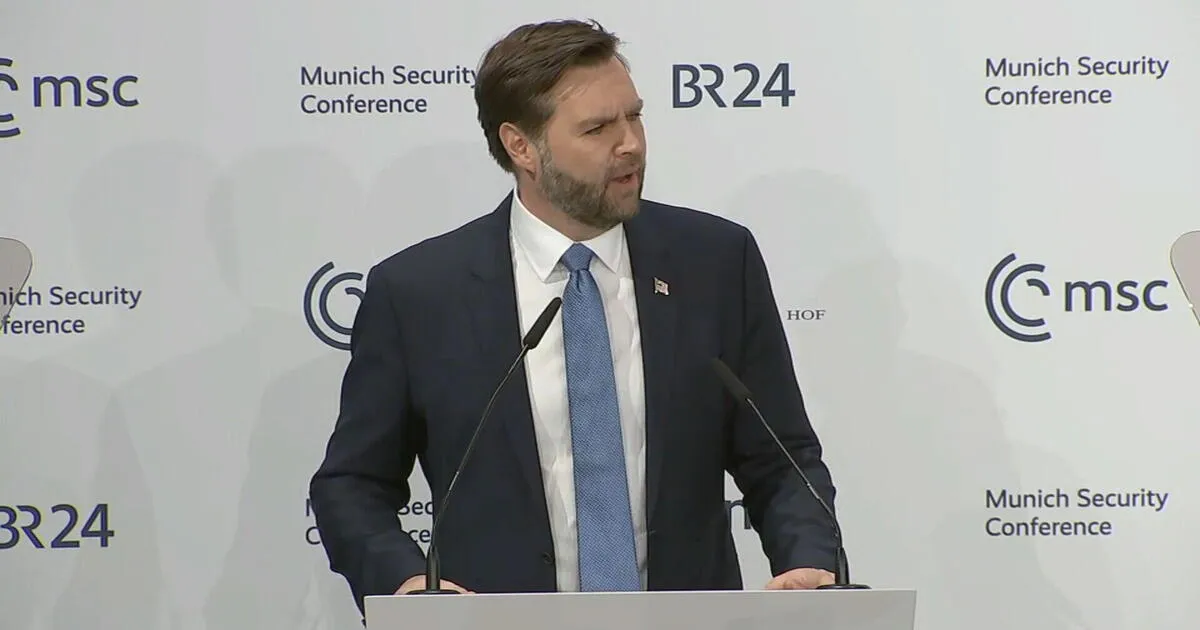
Vice President JD Vance took center stage in Munich this week, leaving European leaders taken aback with his candid remarks. His speech highlighted what he described as a troubling trend of media censorship and political correctness affecting European politics. The event has sparked conversations across political circles, drawing both support and criticism.
During his address, Vice President Vance painted a vivid picture of a European political landscape that, in his view, is increasingly being shaped by restrictive media practices and the pressures of conforming to politically correct norms. He argued that these factors are stifling free speech and open debate, crucial elements for any healthy democracy.
The speech, delivered at a significant political gathering in Munich, stunned many European leaders who were in attendance. While some viewed Vance’s comments as a necessary wake-up call, others perceived them as a critique that oversimplified complex issues within European political systems.
In the aftermath of the speech, journalist Elizabeth Palmer provided an in-depth analysis of the reactions and implications of Vance's statements. Her report delves into the varied responses from European politicians and media outlets, examining the potential impact on transatlantic relations.
Palmer's coverage also explores the broader context of media freedom and political discourse, comparing the situation across different European countries. Her insights offer a comprehensive look at how Vance's speech may influence future discussions on political correctness and media dynamics in Europe.
Vice President JD Vance's speech in Munich has undeniably stirred the pot, bringing to light critical issues surrounding media censorship and political correctness in Europe. As the conversation continues, it remains to be seen how these themes will shape the trajectory of European politics and its relationship with the United States.